Our Team
- Chief Medical Officer
- Governmental Policy & Legislation
- Office of Public Information
- Division of Administration
- Division of Cannabis Regulation
- Division of Community & Public Health
- Division of Regulation & Licensure
- Division of Senior & Disability Services
- State Public Health Laboratory
Chief Medical Officer
Heidi B. Miller, MD
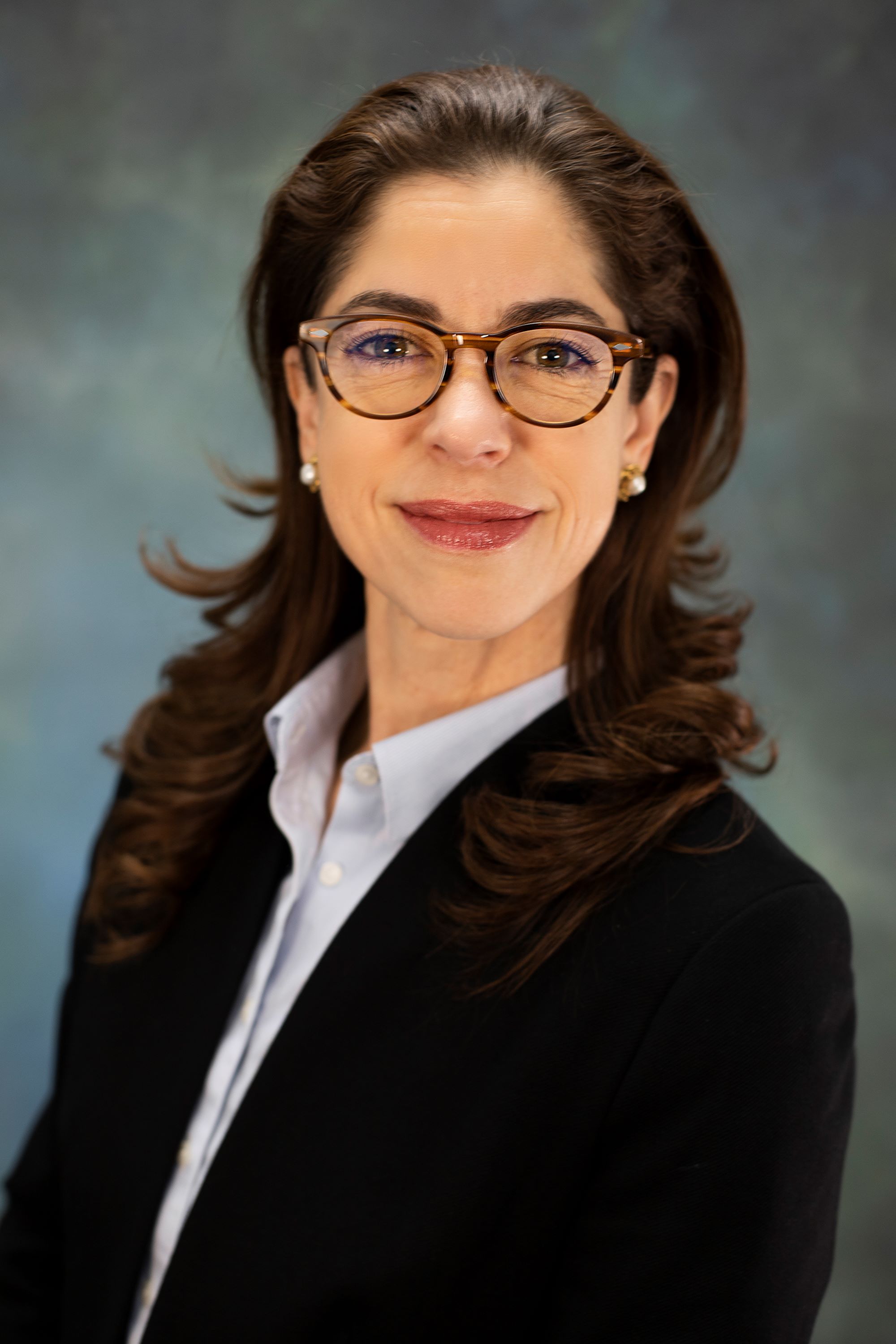
Heidi B. Miller, MD, is the Chief Medical Officer (CMO) for the Missouri Department of Health and Senior Services (DHSS). Since assuming the inaugural CMO role in 2023, Dr. Miller has prioritized integrating public health, health policy and healthcare delivery to holistically improve health outcomes for all Missourians.
Dr. Miller is responsible for (1) Providing clinical oversight and expert consultation to all DHSS divisions, (2) Partnering with health organizations to foster a cohesive public health ecosystem, (3) Innovating and optimizing public health programming, (4) Strategizing health policy and budget, and (5) Communicating public health messages to the public and provider community.
A clinician leader at the nexus of public health and care delivery, Dr. Miller works to ensure aligned priorities, evidence-based practice, actionable data, and impactful outcomes statewide. Her approach prioritizes upstream interventions to strengthen prevention and access to quality care across urban, rural and frontier communities.
Dr. Miller continues to serve as a primary care physician at a Federally Qualified Health Center, Family Care Health Centers. She trained at Yale University and Harvard Medical School and completed her residency in Internal Medicine Primary Care at Harvard’s Brigham and Women’s Hospital. She has received awards recognizing her humanism and dedication to ensuring access to care for all Missourians, particularly in rural and safety-net settings. Dr. Miller has dedicated her career to advancing high-quality, preventive, integrated, team-based, cost-effective and compassionate care for all Missourians, while strengthening public health across the state.
Governmental Policy & Legislation
Cade Tremain
(573) 751-6003
The activities of the Office of Governmental Policy and Legislation include coordinating the development, review and tracking of public health-, health- and senior services-related state legislation. The office also reviews federal legislation for its impact on department policy and programs and serves as the departmental liaison between elected officials, other state agencies and constituent groups.
Office of Public Information
Lisa Cox

(573) 751-6062
The Office of Public Information (OPI) coordinates all public information released by the Department of Health and Senior Services, including media contacts and information in response to inquiries from other agencies and the public. This office also generates department publications, videos and promotes department activities. OPI also oversees the department’s website.
Division of Administration
Chad Ridder, Director
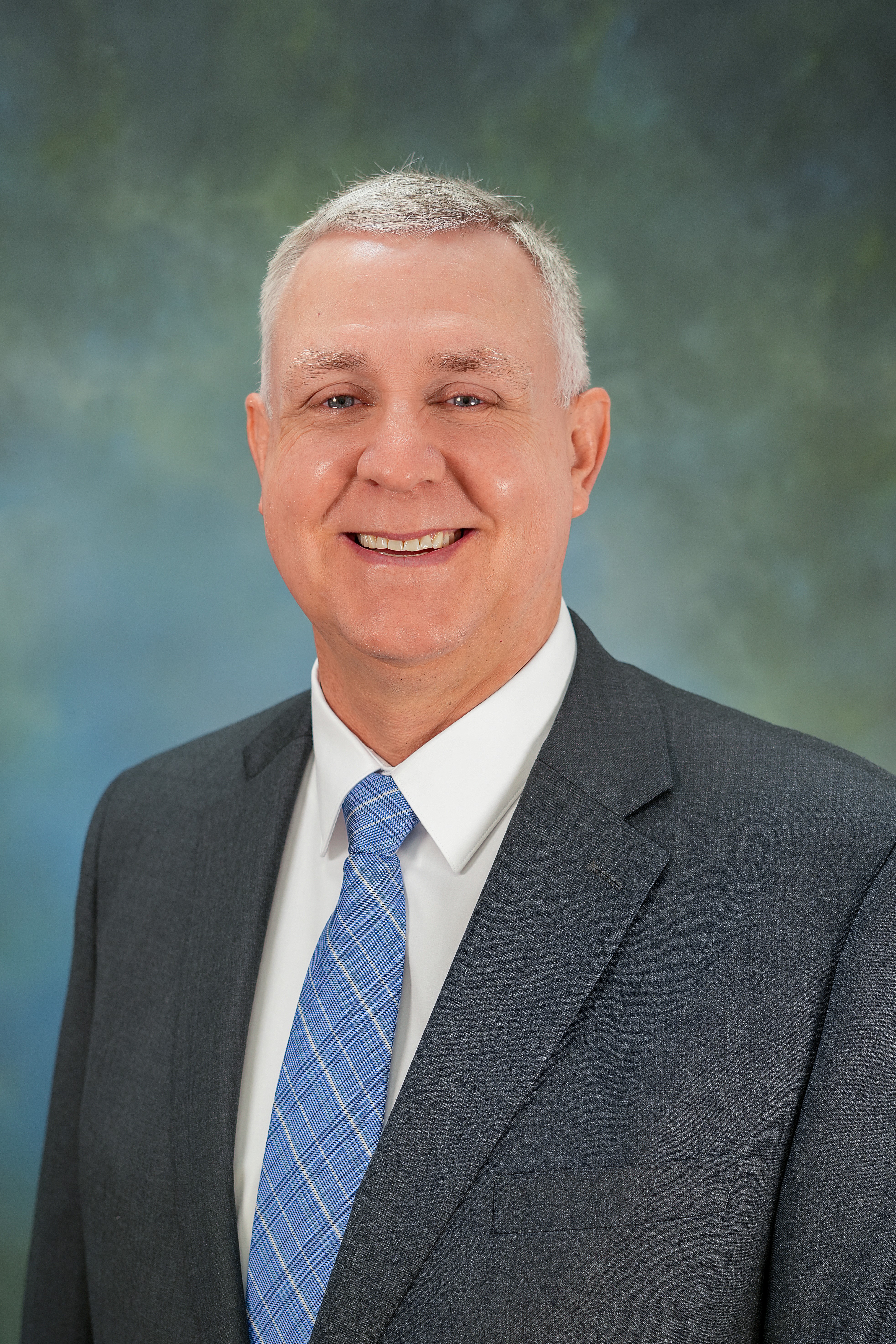
(573) 751-6012
The Division of Administration includes the Budget Services and Analysis, Compliance Services, Division Liaison Services, Fiscal Oversight and Reporting, General Services, Health Fiscal Services, Human Resources, Procurement Services and Workforce Development. The division provides fiscal, administrative, human resources, training, and general services support to all department divisions. Services include budgeting, accounting, expenditure control, procurement, grants/contract administration, administrative, financial and procurement policy development, legislative review, compliance with state personnel law and records maintenance, investigate/monitors complaints and grievances, coordinates addressing the aspects of the employee lifecycle from recruitment to retirement, focusing on optimizing talent for organizational success, conducting professional development opportunities and serving as the liaison for the state Office of Administration-Division of Personnel, State Auditor’s Office and the State Printing Center.
Division of Cannabis Regulation
Amy Moore, Director

(866) 219-0165
The Division of Cannabis Regulation implements, regulates, and oversees the state’s medical and adult-use cannabis programs to create safe access to marijuana for qualifying patients and consumers. Regulation authority is provided through Article XIV of the Missouri Constitution and 19 CSR 100.
Programs:
- Section for Patient and Application Services
- Section Development Unit
- Individual Licensing Unit
- Facility Application Services
- Section for Compliance and Enforcement
- Bureau of Facility Compliance
- Facility Compliance Unit
- Compliance Assessment Unit
- Testing and Research Unit
- Bureau of Business Licensing Services
- Program Development Unit
- Bureau of Investigation & Enforcement
- Office of Operational Support
Division of Community & Public Health
Lori Brenneke, Director
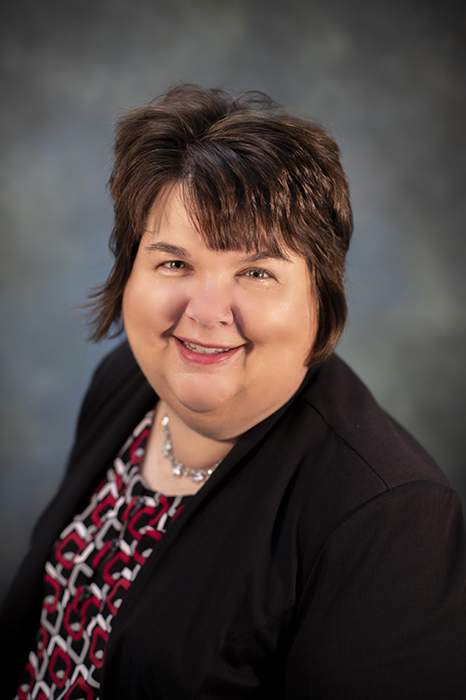
(573) 751-6080
The Division of Community and Public Health is responsible for supporting and operating more than 100 programs and initiatives addressing public health that promotes the safety and well-being to all citizens and visitors of the state of Missouri. Specifically, but not inclusive, the division has programs to address chronic and communicable disease control and prevention, partners with local public health agencies to ensure timely and appropriate responses to public health risks and conditions, ensures food and water safety as well as protection of health from environmental conditions, improves health through injury prevention, nutrition programs, immunizations, dental health, health promotion, newborn screening, initiatives to improve primary care and rural health access and provides vital record services.
Programs
- Center for Local Public Health Services
- Office of Dental Health
- Office of Epidemiology
- Office of Minority Health and Health Equity
- Office of Rural Health and Primary Care
- Office on Women’s Health
- Bureau of Cancer and Chronic Disease Control
- Bureau of Communicable Disease Control and Prevention
- Bureau of Community Food and Nutrition Assistance
- Bureau of Community Health and Wellness
- Bureau of Data Modernization & Interoperability
- Bureau of Environmental Epidemiology
- Bureau of Environmental Health Services
- Bureau of Genetics and Health Childhood
- Bureau of Health Care Analysis and Data Dissemination
- Bureau of HIV, STI and Hepatitis
- Bureau of Immunizations
- Bureau of Vital Records
- Bureau of WIC and Nutrition Services
- Healthcare Associated Infections/Antimicrobial Resistance Program
Division of Regulation & Licensure
Mindy Laughlin, Director
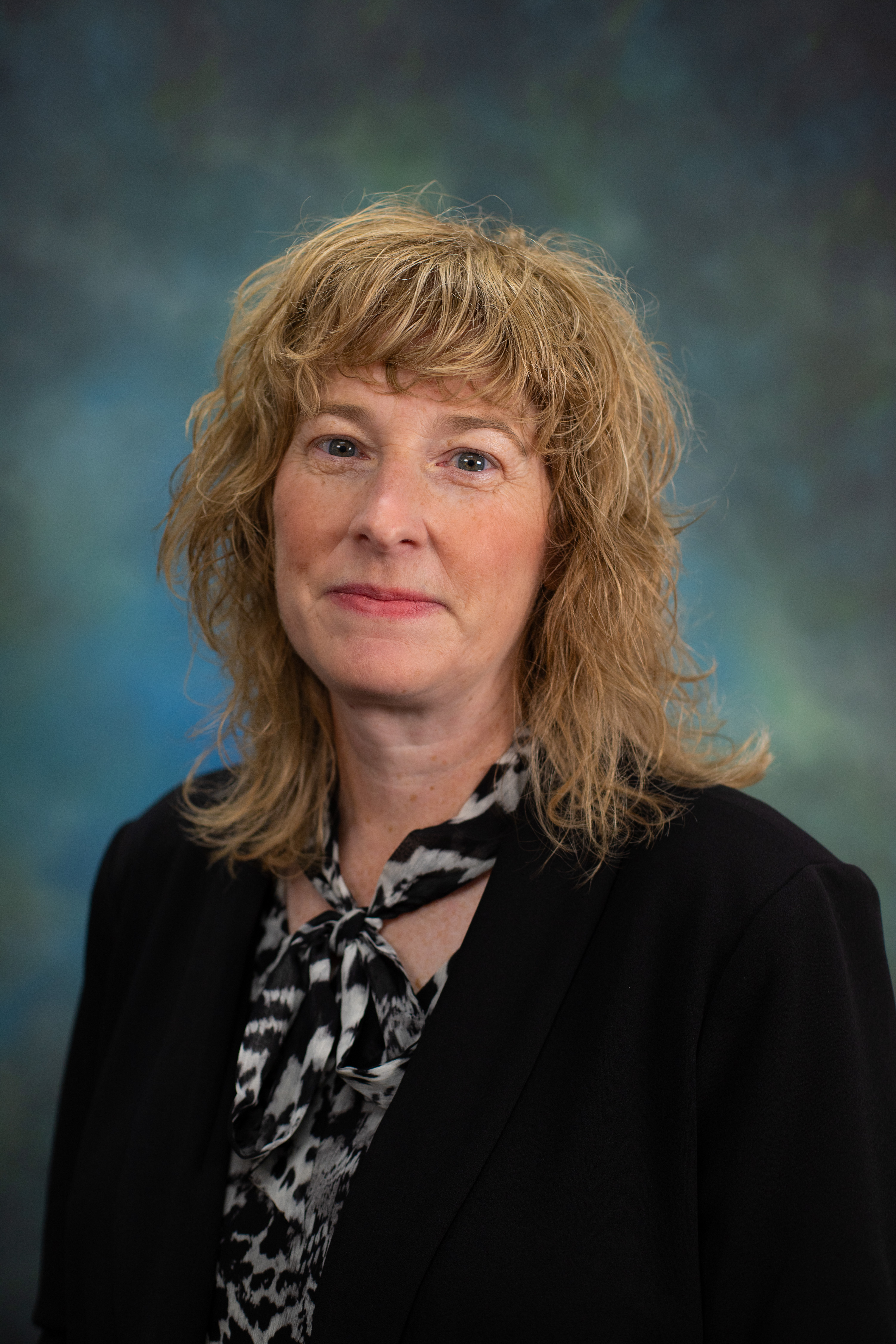
(573) 751-8535
The Division of Regulation and Licensure issues state licenses for a variety of entities providing services that impact health and safety. Division staff determine compliance with state and/or federal regulations through inspection of the premises, care and services.
Programs
- Financial Support Services Unit (FSSU)
- Section for Health Standards and Licensure
- Bureau of Ambulatory Care
- Bureau of Diagnostic Services
- Bureau of Home Care and Rehabilitative Standards
- Bureau of Hospital Standards
- Section for Long-Term Care Regulation
- Health Education and Training Unit
- Licensure and Certification Unit
- Quality Assurance and Education Unit
- Regulation and Compliance Unit
- Section for Regulatory Standards and Registration
- Board of Nursing Home Administrators
- Certificate of Need Program
- Supplemental Health Care Services Agency Regulation
- Bureau of Narcotics and Dangerous Drugs
- Bureau of Emergency Medical Service
- Time Critical Diagnosis
Division of Senior & Disability Services
Melanie Highland, Director
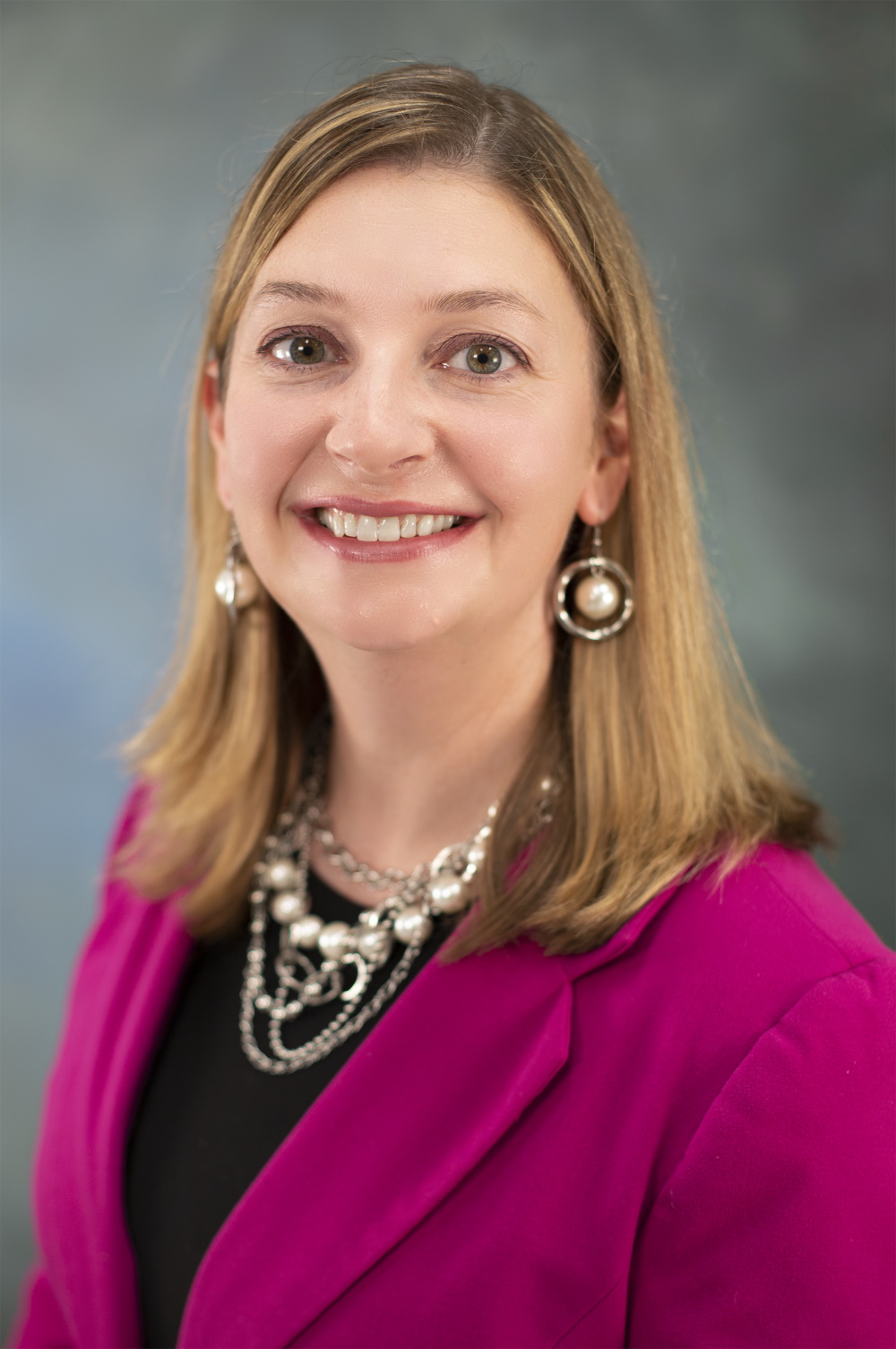
(573) 526-3626
The Division of Senior and Disability Services plays a crucial role as the state unit on aging and is the primary agency that oversees, monitors, and assures the health and safety of seniors and individuals with disabilities receiving long-term care in their home or community as an alternative to facility-based care.
Programs
- Section of Adult Protective Services
- Section of Home and Community Based Services
- Bureau of Senior Programs
- Office of Long-Term Care Ombudsman.
The State Public Health Laboratory
Adam Perkins, Director

(573) 751-3334
The Missouri State Public Health Laboratory (MSPHL) is dedicated to promoting, protecting and
partnering for health by delivering quality public health laboratory services. These services include laboratory testing for infectious diseases, genetic disorders and environmental concerns, both in support of public health programs and as a reference laboratory performing confirmatory or specialized procedures. The MSPHL provides scientific expertise and managerial leadership to meet the challenges in clinical and environmental laboratory disciplines and in the development of public health policy. The MSPHL is comprised of two locations; the main laboratory resides in Jefferson City and its Breath Alcohol program is located in Poplar Bluff.
Programs
- Administration (includes Fiscal and Quality Systems)
- Breath Alcohol Unit (Poplar Bluff Branch Lab)
- Chemistry Unit
- Environmental Bacteriology Unit
- Immunology Unit
- Laboratory Preparedness Education and Safety (LPES)
- Laboratory Support Services (includes Mailroom)
- Informatics Unit
- Microbiology Unit
- Molecular Unit
- Newborn Screening Unit
- Virology Unit
